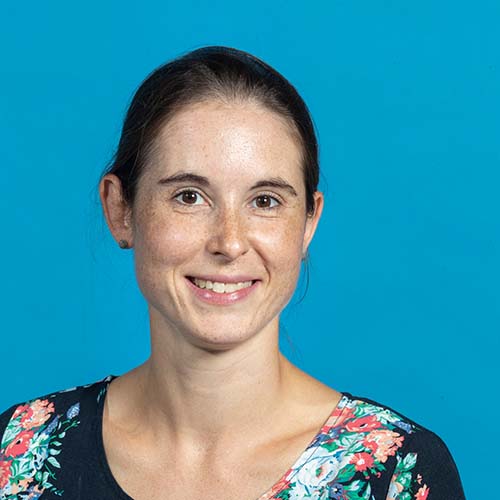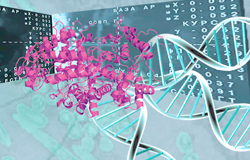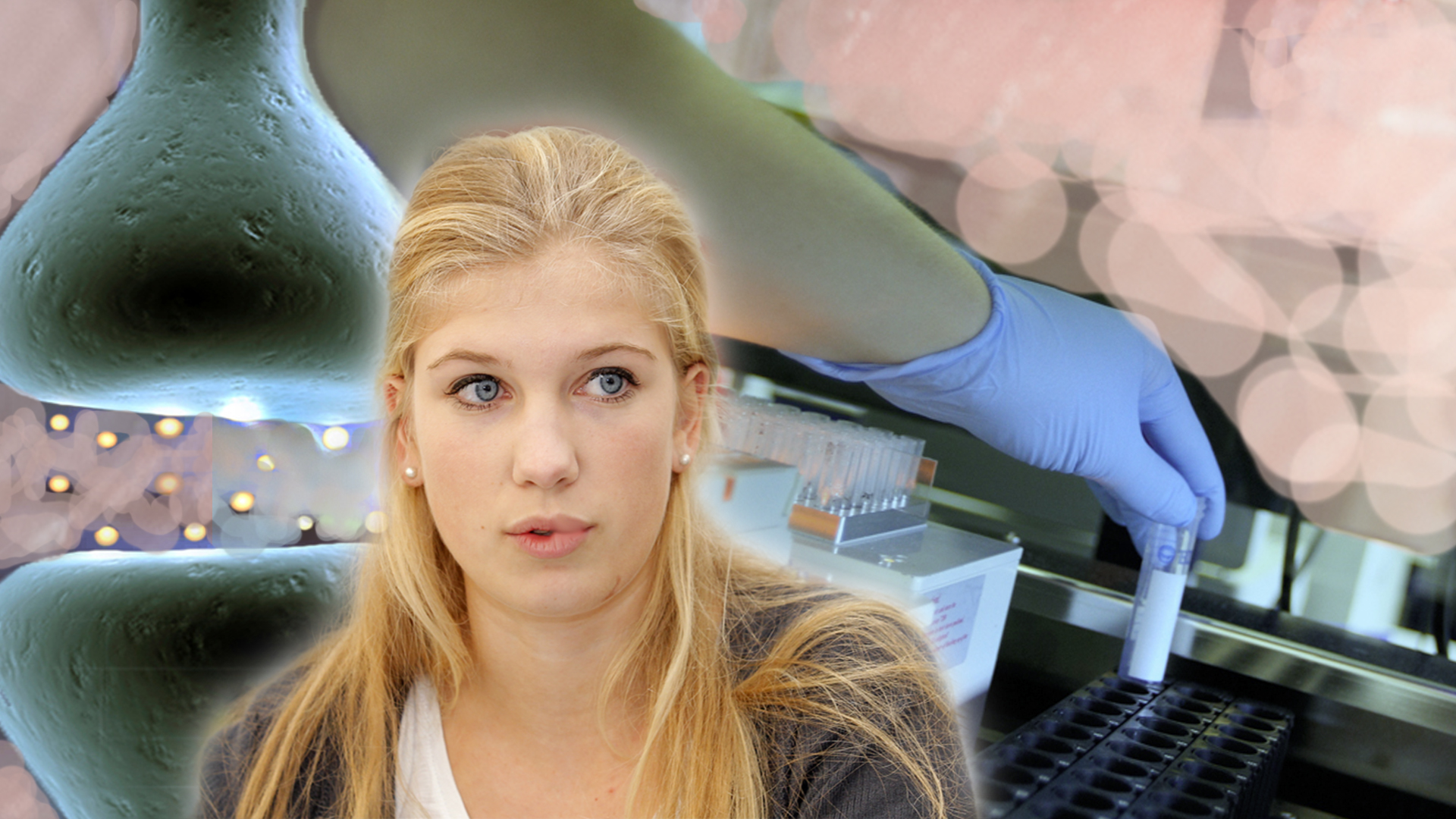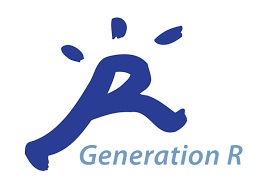The Department of CAPP’s Research Management Team is one of three Management Teams (MTs): the Research Management Team, the Patient Care Management Team and the Education Management Team). It is comprised of four pillars, each representing specific study populations, including: (a) the general population; (b) high-risk populations; (c) somatic patients with psychological/psychiatric problems; and (d) psychiatric patients. Using a (clinical) epidemiological approach, we focus on harmonizing neuroscientific and deep phenotyping measures across cohorts and investigate the applicability of innovative interventions
The Research Management Team is comprised of the pillar coordinators, the Head of the Department and the staff advisor. Our four research pillar coordinators meet regularly to inform each other and integrate research- related issues. The Research Management Team meets every other month to discuss research strategy, the progress of projects, grant and talent opportunities, data management, and other issues related to research policy or strategy.
The team also organizes four Research Work Meetings each year for all junior and senior researchers across all pillars. Here, they inform researchers about research-related developments at the departmental and hospital level and discuss new study results and plans.
The Research Management Team and the Patient Care Management Team also hold an integrated meeting four times each year. We also run monthly ‘Science Café’ meetings to integrate research and patient care, centered on topics that are relevant for both clinicians and researchers. Many of our researchers participate in education, and the Education Management Team holds monthly meetings to coordinate education.
De Sophia (meet)bus
Participating in scientific research is very valuable. Does your child have a complex condition that makes the trip to the hospital too difficult?
Then the Erasmus MC Sophia researchers will bring the research to you with the Sophia bus!
Find more information here.
K-SADS
The Kiddie Schedule for Affective Disorders and Schizophrenia (K-SADS) is a semi-structured interview aimed at early diagnosis of affective disorders.
Vind hier meer informatie.
Generation R:
Generation R is a large population-based study, run by the Erasmus MC and the Erasmus University Rotterdam. We investigate which factors influence health and development of children and their parents in Rotterdam. Generation R consists of two cohorts: Generation R and Generation R Next.
Find more information on Erasmus MC and GenerationR.
COMPI
The COPMI (Children of Parents with a Mental Illness) national initiative develops information for parents, their family and friends in support of these kids and young people.
Find more information here.
.png?la=en&h=264&w=600&hash=531B2D1119961B68DE08A3D0F1C3CC3C)
























